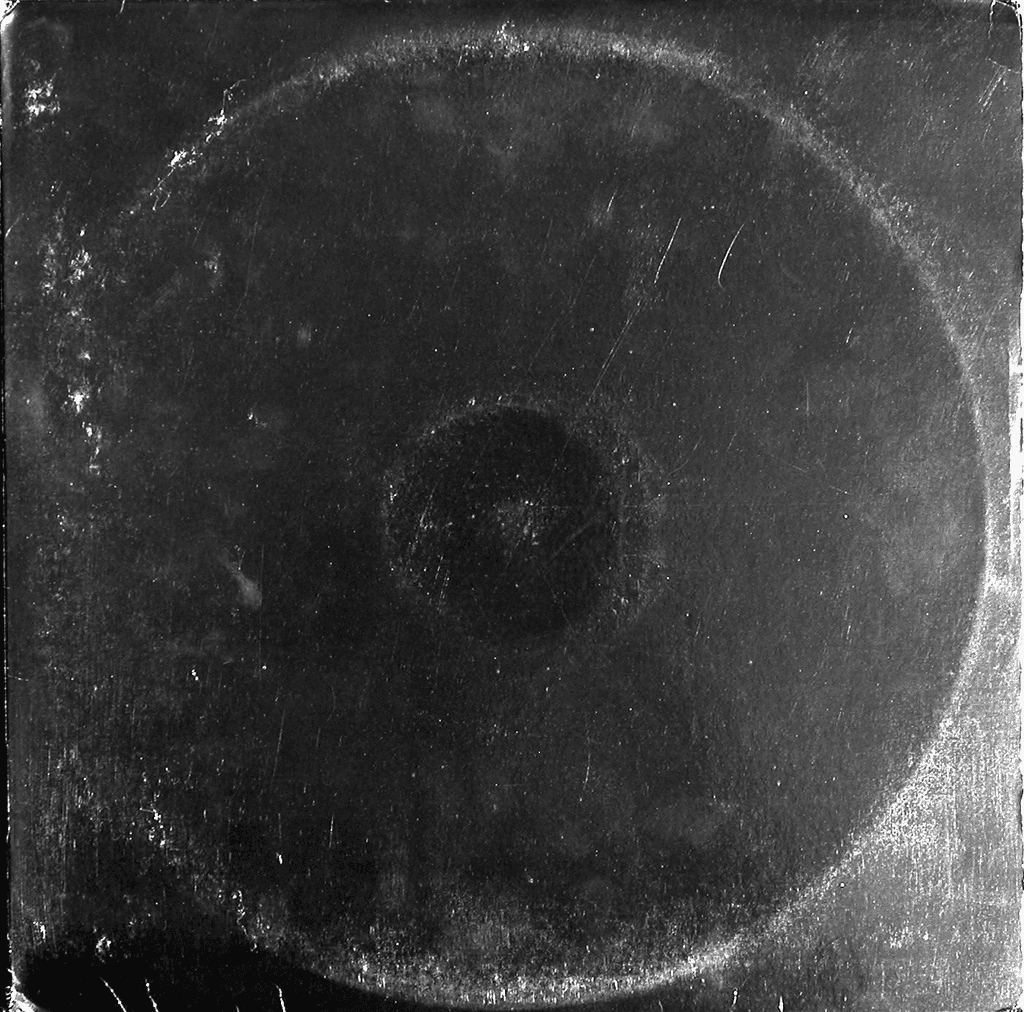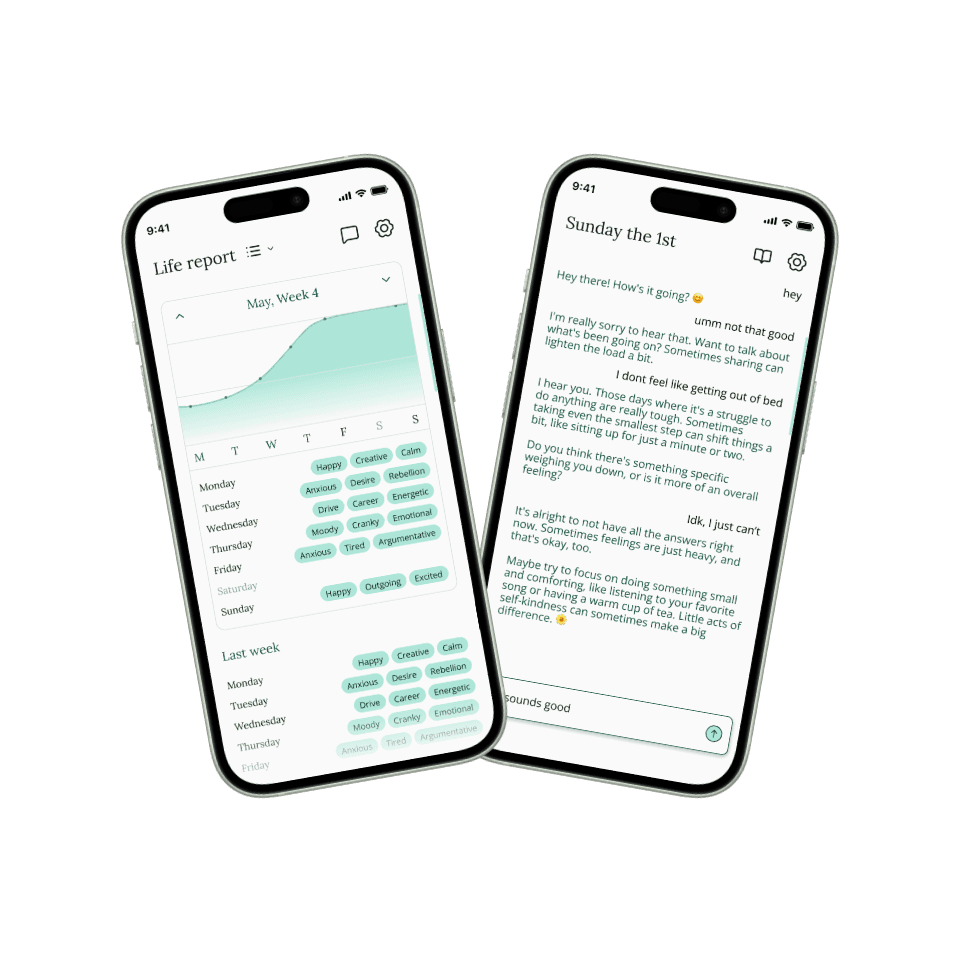
Self monitoring in therapy: the path to self awareness
Self monitoring in therapy: the path to self awareness
Apr 14, 2022
Apr 14, 2022
Self-monitoring is the practice of closely observing and recording one's own thoughts, emotions, behaviors, and experiences on a regular basis. This technique has become increasingly prominent within the realm of therapy, as therapists and clients alike recognize the profound benefits it can bring.
At the heart of this approach lies the recognition that true change and transformation do not occur in a vacuum. Rather, they emerge from a deep, intimate knowledge of oneself - the ability to peer into the complex tapestry of our inner lives with clarity and compassion.
The path to self awareness
Through the act of self-monitoring, clients are empowered to cultivate this invaluable self-awareness. By regularly documenting their experiences, they begin to uncover patterns, triggers, and connections that were previously shrouded in mystery. This enhanced self-knowledge serves as a powerful catalyst for meaningful change, as clients gain the insights necessary to make informed, intentional choices in their lives.
But the benefits of self-monitoring extend far beyond the confines of the therapy room. As clients develop the capacity for mindful self-observation, they acquire a set of essential life skills that can be applied across various domains. Emotional intelligence, metacognition, and behavioral awareness – these are the tools that enable individuals to navigate the complexities of the human experience with greater agency and resilience.
Imagine a world where every person had access to the transformative power of self-monitoring – a society of individuals who approach their lives with a keen sense of self-understanding and the ability to adapt and grow in the face of challenges. The potential for collective healing and progress is truly awe-inspiring.
A tricky balance
Of course, the pursuit of self-awareness through self-monitoring is not without its own set of complexities and potential pitfalls. There is a delicate balance to be struck, a need to avoid the trap of self-obsession or the illusion of total self-control.
But when approached with wisdom and nuance, the practice of self-monitoring can be a profound catalyst for personal transformation. It is a bridge between the individual and the therapist, a collaborative endeavor that honors the unique experience of each client while leveraging the expertise and guidance of the professional.
In a world that often seeks to simplify and streamline the human experience, self-monitoring offers a refreshing antidote. It reminds us that true growth and fulfillment lie not in the pursuit of a singular emotional state, but in the embracing of the full spectrum of our being.
Let us then, continue to explore the power of self-monitoring in therapy, and unlock the boundless possibilities that arise when we dare to know ourselves, truly and deeply.
Self-monitoring is the practice of closely observing and recording one's own thoughts, emotions, behaviors, and experiences on a regular basis. This technique has become increasingly prominent within the realm of therapy, as therapists and clients alike recognize the profound benefits it can bring.
At the heart of this approach lies the recognition that true change and transformation do not occur in a vacuum. Rather, they emerge from a deep, intimate knowledge of oneself - the ability to peer into the complex tapestry of our inner lives with clarity and compassion.
The path to self awareness
Through the act of self-monitoring, clients are empowered to cultivate this invaluable self-awareness. By regularly documenting their experiences, they begin to uncover patterns, triggers, and connections that were previously shrouded in mystery. This enhanced self-knowledge serves as a powerful catalyst for meaningful change, as clients gain the insights necessary to make informed, intentional choices in their lives.
But the benefits of self-monitoring extend far beyond the confines of the therapy room. As clients develop the capacity for mindful self-observation, they acquire a set of essential life skills that can be applied across various domains. Emotional intelligence, metacognition, and behavioral awareness – these are the tools that enable individuals to navigate the complexities of the human experience with greater agency and resilience.
Imagine a world where every person had access to the transformative power of self-monitoring – a society of individuals who approach their lives with a keen sense of self-understanding and the ability to adapt and grow in the face of challenges. The potential for collective healing and progress is truly awe-inspiring.
A tricky balance
Of course, the pursuit of self-awareness through self-monitoring is not without its own set of complexities and potential pitfalls. There is a delicate balance to be struck, a need to avoid the trap of self-obsession or the illusion of total self-control.
But when approached with wisdom and nuance, the practice of self-monitoring can be a profound catalyst for personal transformation. It is a bridge between the individual and the therapist, a collaborative endeavor that honors the unique experience of each client while leveraging the expertise and guidance of the professional.
In a world that often seeks to simplify and streamline the human experience, self-monitoring offers a refreshing antidote. It reminds us that true growth and fulfillment lie not in the pursuit of a singular emotional state, but in the embracing of the full spectrum of our being.
Let us then, continue to explore the power of self-monitoring in therapy, and unlock the boundless possibilities that arise when we dare to know ourselves, truly and deeply.
View more insightful blog articles
Today's tune



Track your mental health and get support between sessions with Verba
Learn more

Track your mental health and get support between sessions with Verba
Learn more

Track your mental health and get support between sessions with Verba
Learn more

Advait Naik
Advait is the founder of Verba and works at the intersection of psychology, design and technology to create a product that can help humans be more self aware through clarity